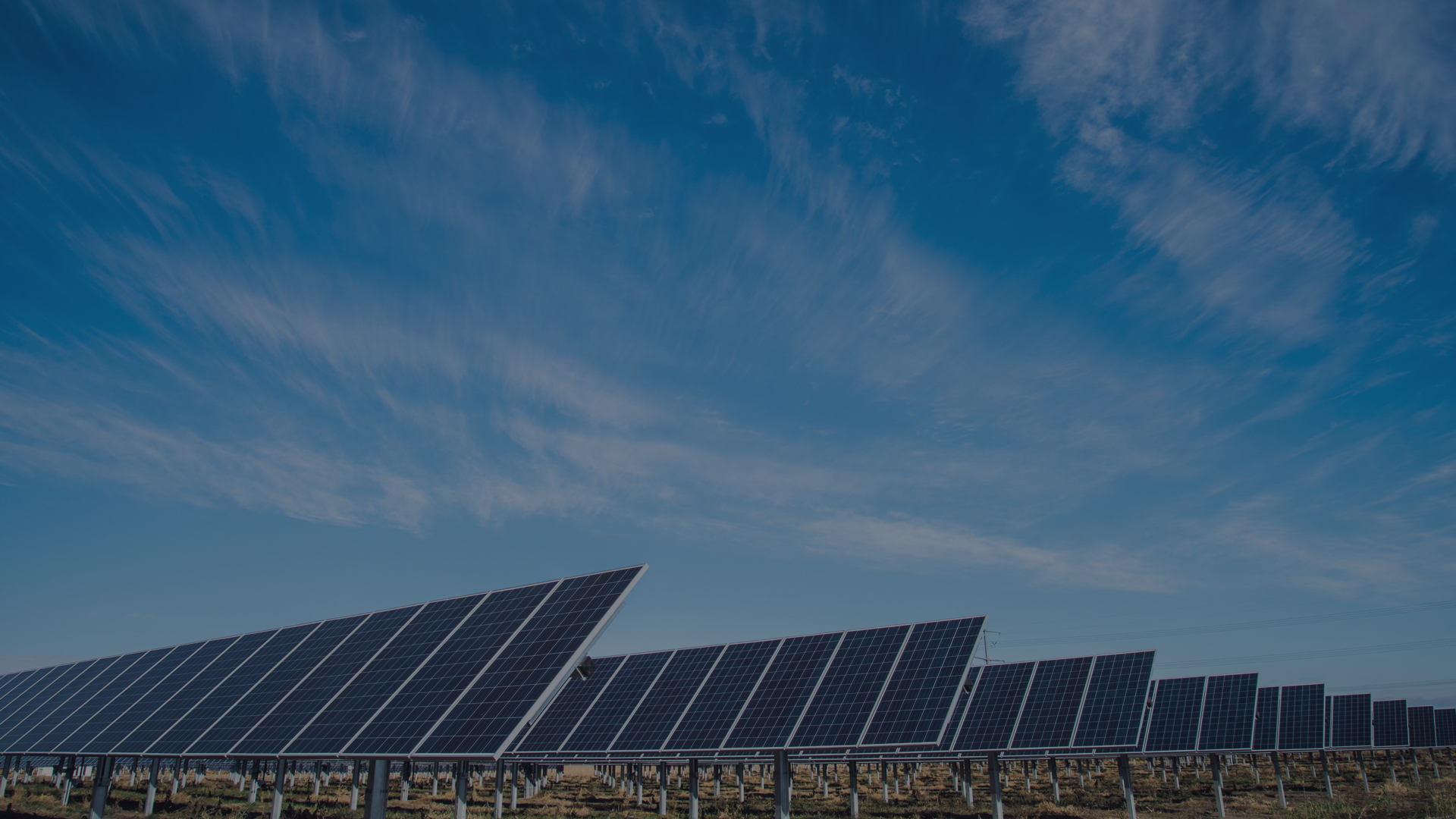More and more households around the UK are installing solar panels in order to reduce their carbon output and lower the cost of their utility bills. With 7.2 million homes expected to be in fuel poverty this winter due to hikes in electricity and gas tariffs, domestic renewable energy systems could be the answer.
Photovoltaic systmes are eligible for financial reimbursement thanks to the government's Feed in Tariff. Any electricity produced and any excess that is exported to the national grid is accompanied by monetary compensation. Currently, the generation tariff stands at 15.44p/kWh and the export tariff at 4.5p/kWh.
Households with solar panels already installed and those thinking about investing in them will be pleased to hear that the average home with a domestic solar array has seen savings and income increase from £540 to £635 per year.
These figures come from the latest data gathered by the Energy Savings Trust (EST), highlighting that solar panels are certainly still a worthwhile investment despite recent cuts to the Feed in Tariff. These savings can be attributed to the fact that the average size of the solar PV installations are increasing as the price of such systems is simultaneously declining.
Ian Cuthbert, renewables expert from the EST, said: "The average size of solar PV installations has increased from 3kWp to 3.5kWP, which basically means households are generating more electricity and therefore more savings and Feed in Tariff income. It is clear that UK households are increasingly looking to get the maximum yield for their roof to maximise the benefits of the solar installation."
Mr Cuthbert went on to discuss how household with solar panels can take measures to ensure they are fully optimising their system. He commented that savings could be even higher if homeowners take measures to reduce the amount of energy they export to the grid by moving some of their electrical demand to during the day, when the photovoltaic system is generating. He gave the example of using a washing machine during the day instead of at night.
